Bombshell, directed in earnest if not grace by Jay Roach, is a fictionalized and very loose depiction of everything that led to the firing of Roger Ailes, then the head of Fox News.
It depicts with all the subtlety of a sledgehammer the girl-power victory over a cartoonishly evil man, complete with a triumphant anthem over the end credits. What it doesn’t offer is nuance or any understanding of the devastation sexual harassment inflicts.
Using the same glib tone that worked for THE BIG SHORT, BOMBSHELL aims for dramedy and misses. It uses omniscient narration for laughs rather than revelation, often breaking the fourth wall to deliver snide asides. Dialog to the camera is there to mock Fox News, not the system that empowers it.
Dipping in and out of satire, it can’t decide what it wants to be or who to attack. And because it lacks conviction, it wafts in mediocrity while using real pain as political ammunition.
At its worst, BOMBSHELL mansplains sexual harassment to the very audience that experiences it daily.
One of the few good things about the film is the cast. Charlize Theron is disturbingly accurate in channeling Megyn Kelly, once a prime-time host at Fox. Nicole Kidman is as reliable as ever as Gretchen Carlson, channeling her role from TO DIE FOR almost twenty years prior. The wonderful Margot Robbie plays Kayla, a fictional composite character that is both a mouthpiece and a sacrificial lamb.
Kayla’s character is one of the biggest problems in the film. It’s not like there aren’t real people with horrific stories who could have contributed with their experiences. So why include a fictional one that becomes expressly defined? A cynical response is it’s easier to feel sorry for someone who looks like Margot Robbie and the film does little to convince otherwise.
At first a devout believer of all things Fox News, Kayla strives to influence hearts and minds across America. Naturally, it’s only after experiencing harassment firsthand that her attitude changes entirely. Bizarrely, Roach works overtime to emphasize her fictional politics. The film even goes out of its way to showboat her gayness as a liberal value, as if sexuality was solely the domain of Democrats.
This line of thinking extends to every woman in the film. In a near-total rewrite of history, Kelly and Carlson are closet liberals working against their employer in secret. Weathering the storm on all sides, they sigh with desperation as faceless men spout Trump’s campaign slogans at them. There’s even an open insinuation that it was Carlson’s turn to feminism that got her fired. The problem is that Carlson’s real-life media presence is far harder to downplay than Kelly’s, so her part is to get the ball rolling so that better, more liberal women to take it from there.
Out of the hundreds of women working at Fox, the focus never wavers from the trio and their openly progressive values. In doing so, the film says we cannot feel empathy for women and their sexual assault unless we agree with them politically. In an act of spineless condescension, the fictional Kayla berates Kelly over not blowing the whistle on Ailes sooner. Wanting to play both sides, BOMBSHELL blames the victim with a male voice through a female avatar.
This is what’s known as a dick move.
Can men make films about sexual harassment? Based on the last decade, I’d argue we cannot. BOMBSHELL is more evidence of this. It might be well-intentioned, even as it treats gender as a binary product where all women are easily interchangeable.
For director Jay Roach and writer Charles Randolph, empowerment comes from wearing pants instead of skirts — not in equal rights or workplace safety. (The film argues that the best way of avoiding harassment is quitting, or at least not working for Republicans.) In the end, Roach presents a minor win for the most basic decency that men take for granted as a cause for celebration.
There is inherent value in making films about this topic. I’d suggest hearing Megyn Kelly speak with actual survivors, or watching the far more nuanced FORCE OF HABIT, made by an all-female crew.
BOMBSHELL would have us believe that to achieve equality women just need to assert themselves more loudly. As if all it takes to stop abuse is to say no.
How quaint.


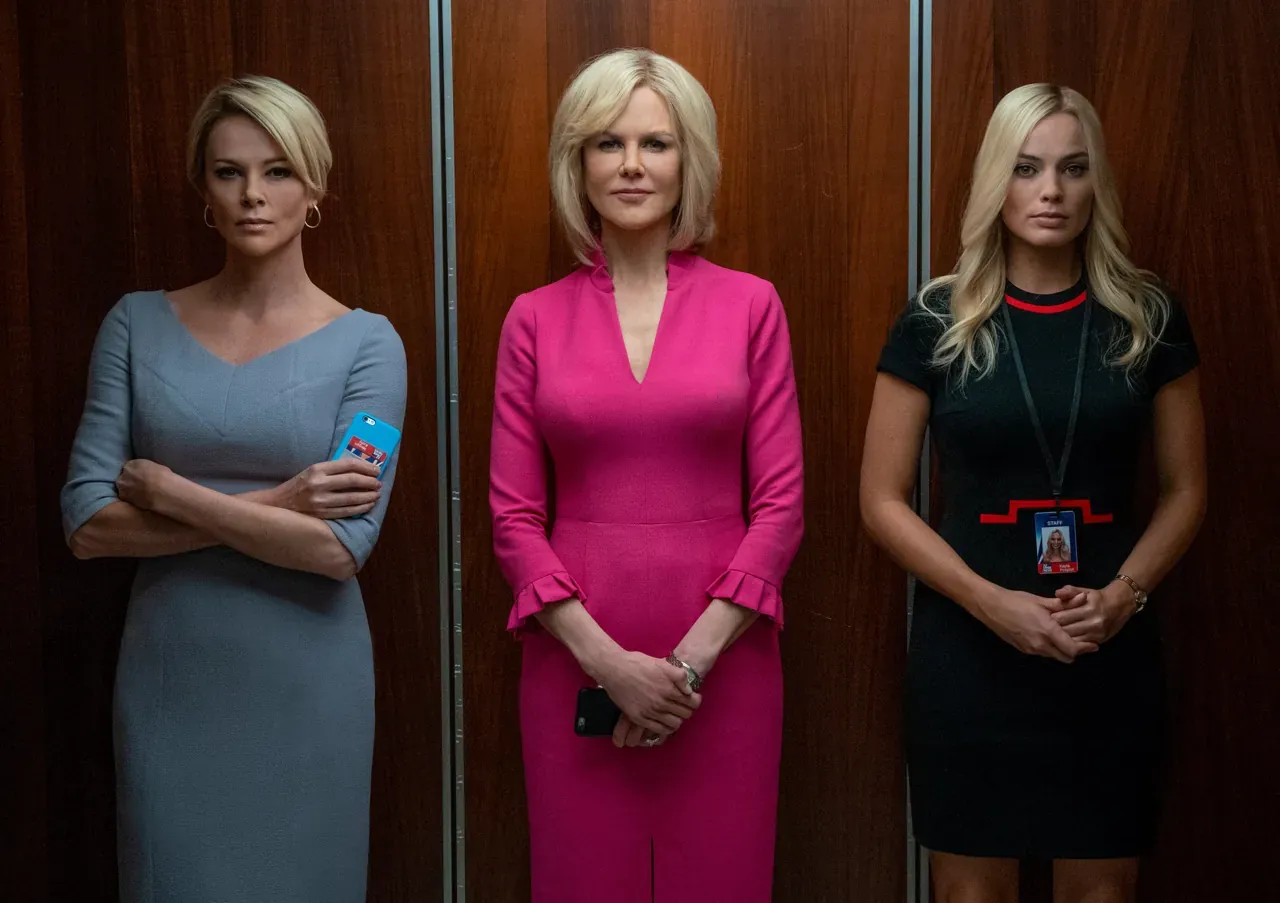
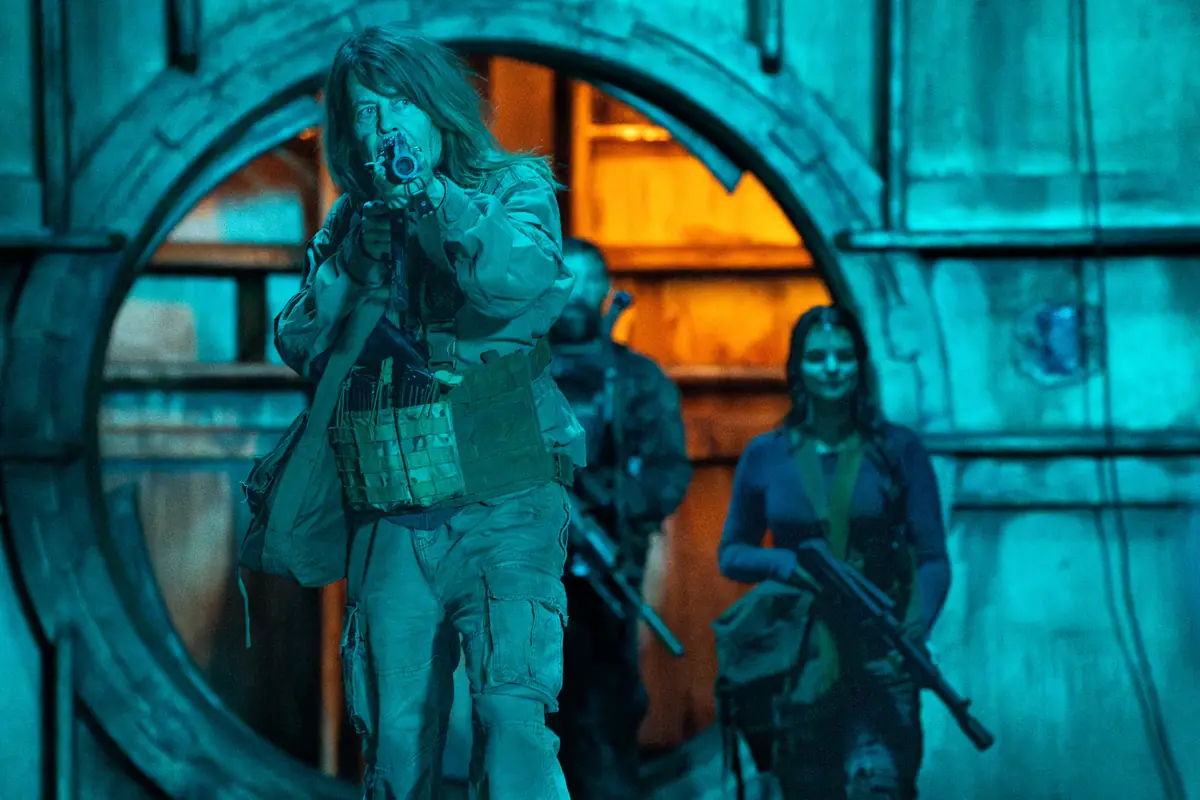

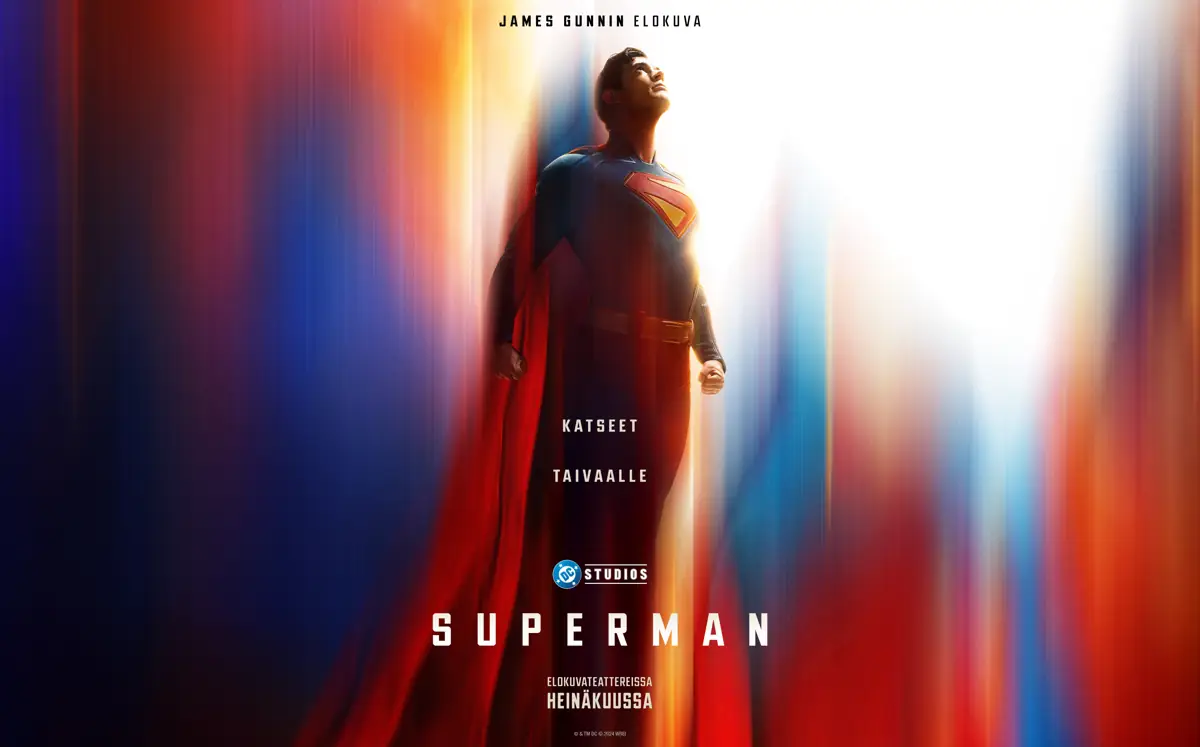


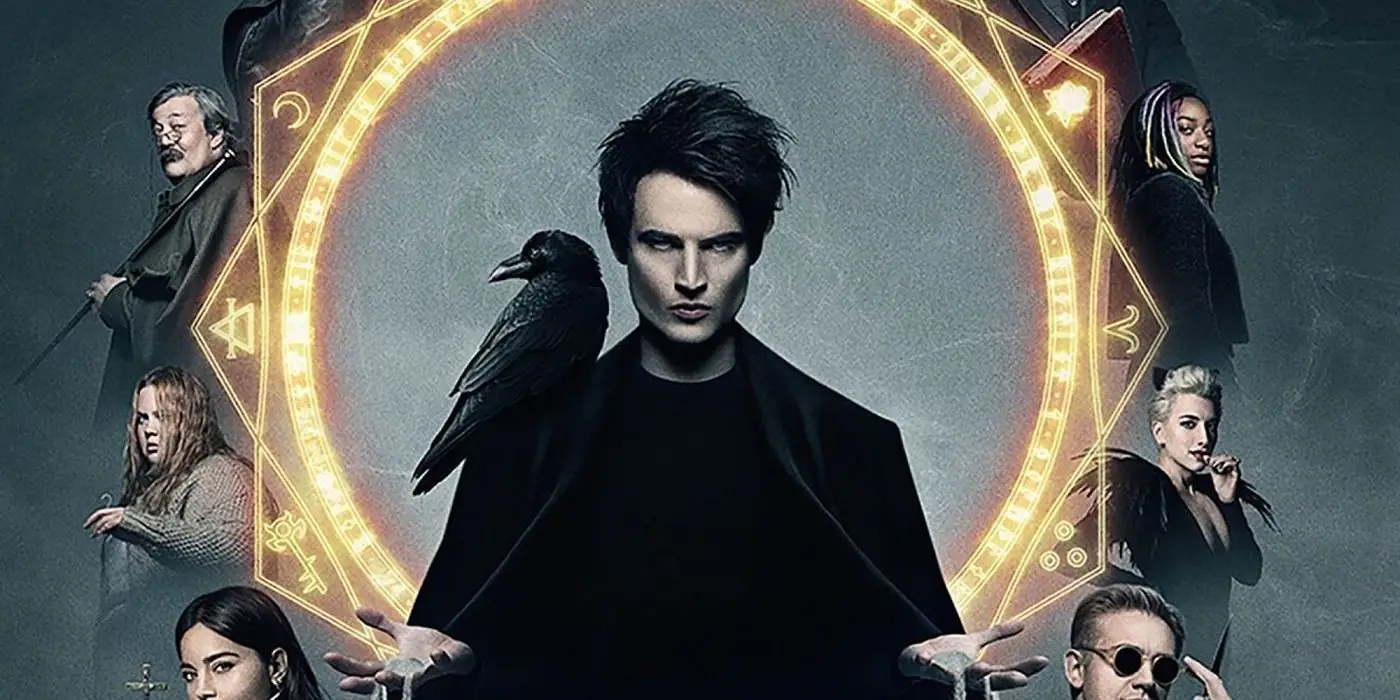
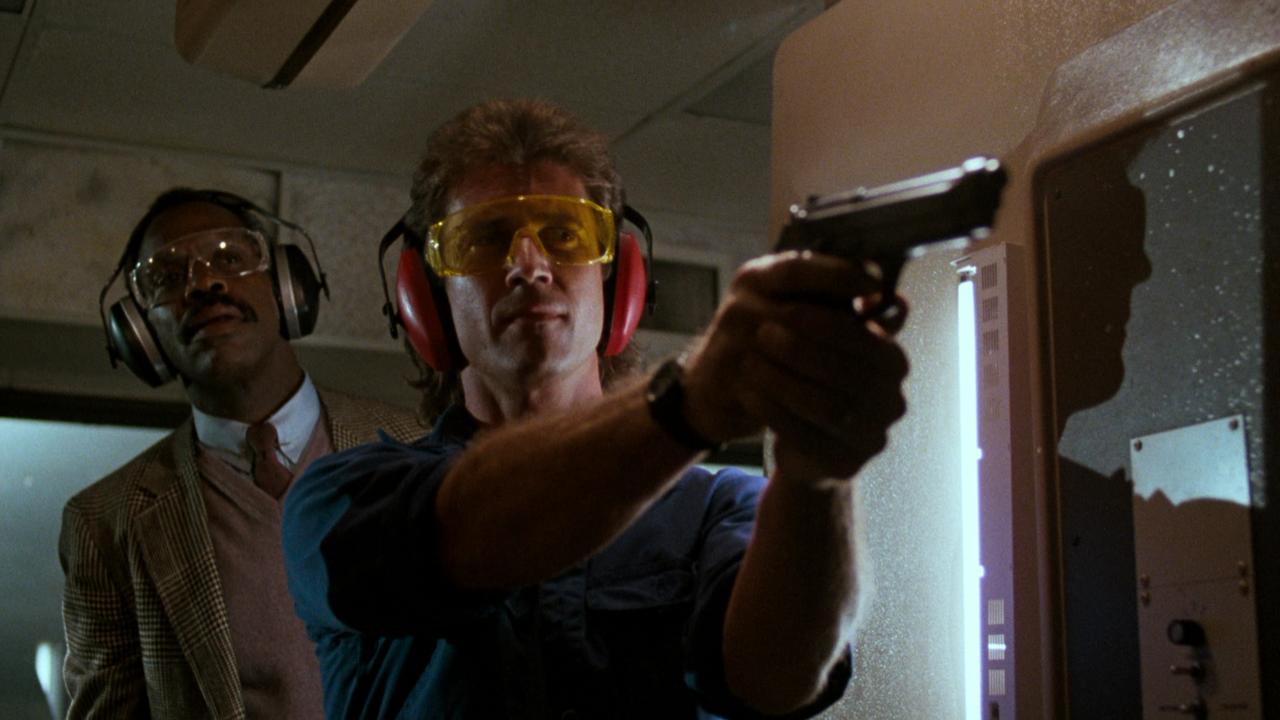


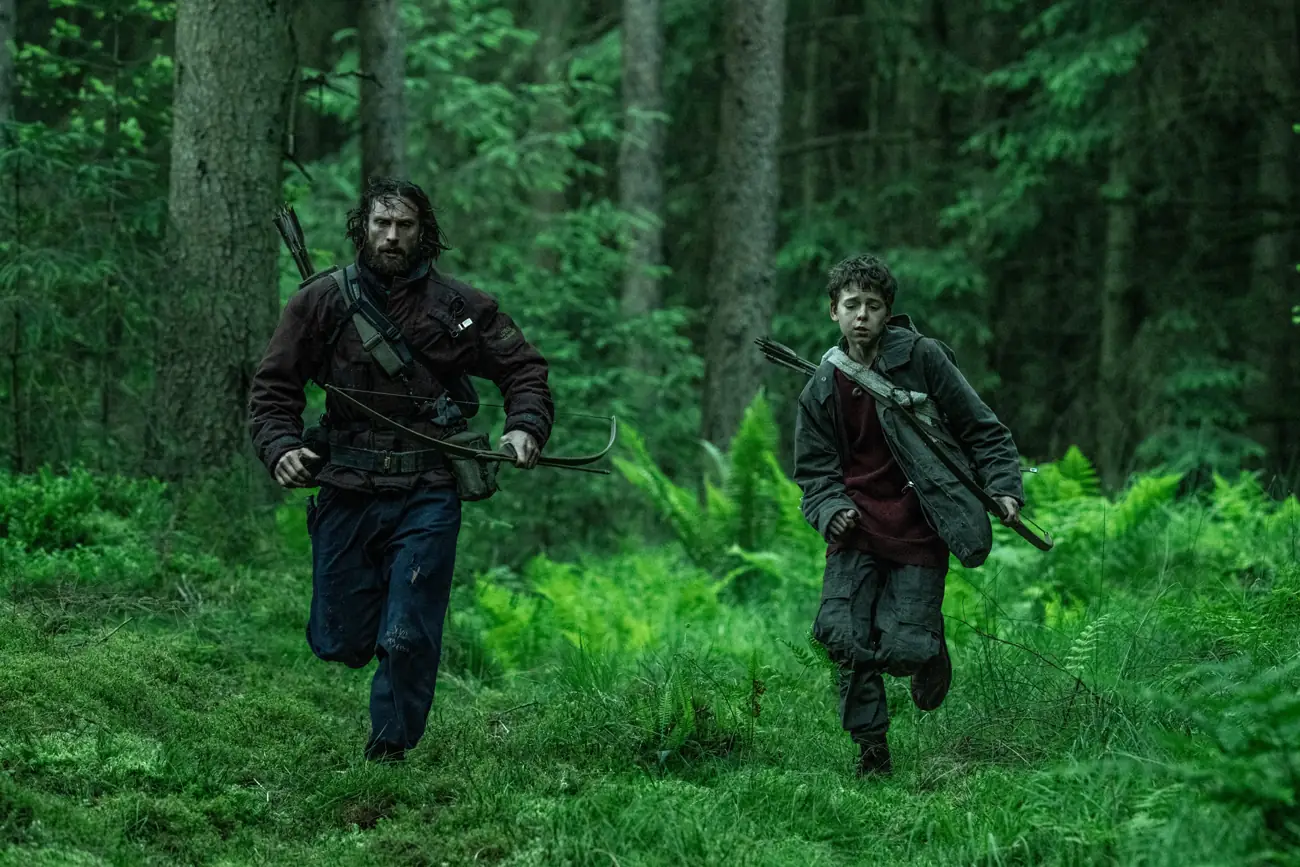

Discussion